Complete Guide to Hearing Aid Care: Tips and Tricks for Optimal Performance
Hearing aids are an essential tool for people with hearing loss. They help amplify sound and improve the quality of life of the wearer. However, to ensure the hearing aids work effectively and last long, it's vital to take care of them. In this article, we will discuss hearing aid care and maintenance, including tips on cleaning, storing, and troubleshooting common issues.
Table of Contents
Introduction
Why is Hearing Aid Care and Maintenance Important?
Daily Cleaning and Maintenance Tips
Weekly Cleaning and Maintenance Tips
Monthly Cleaning and Maintenance Tips
Storing and Handling Tips
Troubleshooting Common Hearing Aid Issues
Professional Maintenance and Servicing
Frequently Asked Questions
Conclusion
Introduction
As an essential tool for millions of people with hearing loss, hearing aids play a vital role in amplifying sound and improving the quality of life of the wearer. However, hearing aids are delicate devices that require proper care and maintenance to ensure they work effectively and last long. Neglecting to care for your hearing aids can cause them to malfunction or stop working altogether, leading to costly repairs or replacements. This article will provide you with a complete guide to hearing aid care and maintenance, including tips on cleaning, storing, and troubleshooting common issues.
Why is Hearing Aid Care and Maintenance Important?
Hearing aids are susceptible to damage from moisture, earwax, dirt, and other debris, which can cause them to malfunction or stop working altogether. Regular maintenance, cleaning, and proper storage of your hearing aids will help prolong their lifespan and ensure they work effectively.
Daily Cleaning and Maintenance Tips
Cleaning your hearing aids daily is essential to prevent a buildup of earwax, dirt, and other debris. Here are some tips on daily cleaning and maintenance:
Remove Your Hearing Aids When Sleeping or Showering
Removing your hearing aids when sleeping or showering is vital to prevent moisture buildup, which can damage the electronic components of the device.
Use a Soft, Dry Cloth to Wipe Your Hearing Aids
Using a soft, dry cloth to wipe your hearing aids daily will help remove dirt and debris. Avoid using water, soap, or other cleaning agents as they can damage the hearing aids.
Inspect Your Hearing Aids for Damage
Inspect your hearing aids daily for signs of damage or wear and tear. If you notice any cracks, scratches, or other damage, take your hearing aids to a professional for repairs.
Check Your Batteries
Check your hearing aid batteries daily to ensure they are working correctly. Replace them as needed.
Weekly Cleaning and Maintenance Tips
In addition to daily cleaning, it's essential to perform weekly maintenance on your hearing aids. Here are some tips on weekly cleaning and maintenance:
Clean Your Hearing Aid Domes and Wax Guards
Clean your hearing aid domes and wax guards weekly using a soft brush. This will help remove any buildup of earwax or debris that may be blocking the sound.
Check Your Hearing Aid Filters
Check your hearing aid filters weekly and replace them as needed. This will help ensure your hearing aids are working effectively.
Use a Dehumidifier
Using a dehumidifier weekly will help remove any moisture buildup in your hearing aids, which can cause them to malfunction.
Monthly Cleaning and Maintenance Tips
Performing monthly cleaning and maintenance on your hearing aids will help prolong their lifespan and ensure they work effectively. Here are some tips on monthly cleaning and maintenance:
Clean Your Hearing Aid Tubing
Clean your hearing aid tubing monthly using a soft brush. This will help remove any buildup of earwax or debris that may be blocking the sound.
Check Your Hearing Aid Volume
Check the volume of your hearing aids monthly to ensure it's not too high or too low. Adjust it as needed to ensure it's at a comfortable level.
Inspect Your Hearing Aid Receiver
Inspect your hearing aid receiver monthly for any signs of damage or wear and tear. If you notice any cracks, scratches, or other damage, take your hearing aids to a professional for repairs.
Storing and Handling Tips
Proper storage and handling of your hearing aids are crucial to their longevity and effectiveness. Here are some tips on storing and handling your hearing aids:
HStore Your Hearing Aids in a Dry Place
Store your hearing aids in a dry, cool place to prevent moisture buildup, which can damage the electronic components.
Turn Off Your Hearing Aids When Not in Use
Turning off your hearing aids when not in use will help prolong their battery life and prevent unnecessary wear and tear.
Handle Your Hearing Aids with Clean Hands
Always handle your hearing aids with clean hands to prevent the transfer of dirt, oil, or other debris.
Troubleshooting Common Hearing Aid Issues
Despite proper care and maintenance, hearing aids may still experience some common issues. Here are some tips on troubleshooting common hearing aid issues:
No Sound or Weak Sound
If your hearing aids produce no sound or weak sound, check the volume and ensure the device is turned on. Also, check the batteries and replace them as needed. If the issue persists, take your hearing aids to a professional for repairs.
Whistling or Feedback
If your hearing aids produce whistling or feedback, adjust the volume, or reposition the device. If the issue persists, take your hearing aids to a professional for repairs.
Discomfort or Pain
If your hearing aids cause discomfort or pain, check the fit of the device and adjust it as needed. If the issue persists, take your hearing aids to a professional for adjustments.
Professional Maintenance and Servicing
Regular professional maintenance and servicing of your hearing aids are essential to their longevity and effectiveness. Here are some tips on professional maintenance and servicing:
Schedule Regular Checkups with Your Audiologist
Schedule regular checkups with your audiologist to ensure your hearing aids are working effectively and to address any issues.
Have Your Hearing Aids Professionally Cleaned
Have your hearing aids professionally cleaned every six months to remove any buildup of earwax, debris, or moisture.
Replace Your Hearing Aids When Necessary
Replace your hearing aids when they are no longer effective or when repairs are no longer feasible.
Frequently Asked Questions
How often should I clean my hearing aids?
It is recommended that you clean your hearing aids daily to remove any earwax, debris, or moisture that may accumulate on them. Regular cleaning can help prevent malfunctions and prolong the life of your device. Your hearing care professional can provide you with specific instructions on how to clean your hearing aids.
Can I clean my hearing aids with water or soap?
No, you should not clean your hearing aids with water or soap, as this may damage the electronic components. Instead, use a soft, dry cloth or a special cleaning brush designed for hearing aids to gently wipe away any buildup. Your hearing care professional can recommend a suitable cleaning solution if necessary.
What should I do if my hearing aids are not working correctly?
If your hearing aids are not working properly, first check the batteries to make sure they are fully charged or replaced if necessary. You can also check the tubing, receiver, or microphone for any blockages or damage. If the issue persists, contact your hearing care professional for assistance.
How long do hearing aids typically last?
The lifespan of a hearing aid depends on several factors, including the quality of the device, the frequency of use, and the level of maintenance. On average, most hearing aids last between three to seven years, but some can last up to 10 years or more with proper care.
What should I look for when buying hearing aids?
When purchasing hearing aids, consider your hearing needs, lifestyle, and budget. Factors to consider include the type of hearing loss, the style and design of the hearing aid, its features and technology, and the level of customer support and aftercare provided by the manufacturer or hearing care professional. Your hearing care professional can help guide you in selecting the right hearing aid for your needs.
Conclusion
Proper care and maintenance of your hearing aids are crucial to their longevity and effectiveness. Daily, weekly, and monthly cleaning, proper storage and handling, and professional maintenance and servicing will help ensure your hearing aids work effectively and last long. If you experience any issues or have questions, consult with your audiologist for advice and support.
